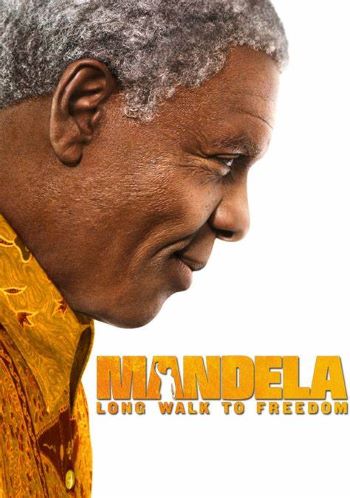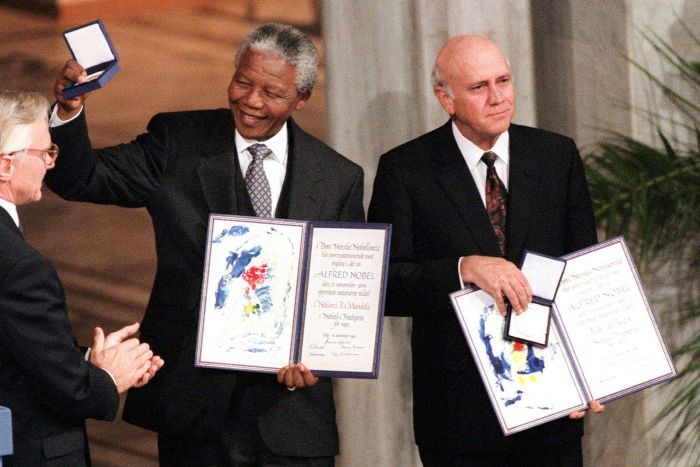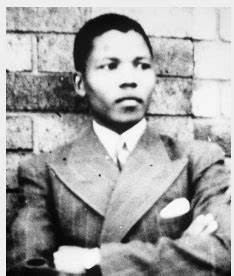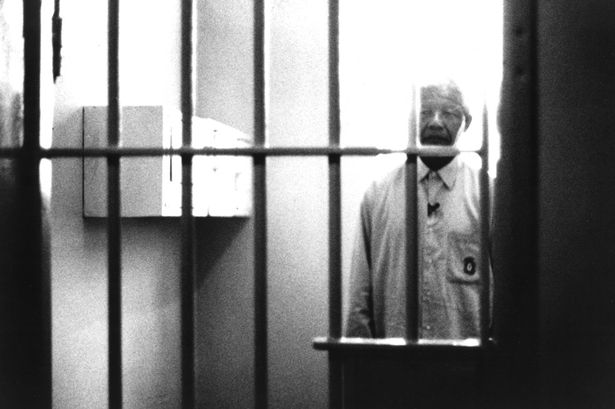Long Walk To Freedom
Author: Nelson Mandela
Genre: Auto-Biography

The autobiography of one of the greatest political leaders of our generation – Nelson Mandela. Lovingly called by his clan name Madiba, he was South African freedom fighter, President, Father of the nation and Nobel Peace Laureate. Mandela’s influence extended far beyond his country as his 250 awards show – almost every major country awarded him their highest honour (US Presidential Merit of Freedom, UK’s Order of Merit, Soviet Union’s Lenin Peace Prize, India’s Bharat Ratna, Turkey’s Ataturk Peace Award and so on).

So, what was about the man that made him a global icon? First, along with Gandhi and Martin Luther King, he was perhaps the greatest symbol of anti-racism and anti-colonialism. There have been many freedom fighters, but what stood out about Mandela was his steadfast commitment to tolerance and human rights… “a totem of the totemic values of our age” (Bohemer). After the apartheid government was overturned, there were cries for revenge against the former oppressors. But Mandela, never answering racism for racism, had the tolerance and forgiveness to instead constitute a Truth & Reconciliation commission (chaired by none other than Desmond Tutu, another great statesman).
He was also a big believer in liberal democracy, declining a second term and even refusing to decide his successor, all this standing out starkly against multiple other heads of state who refused to leave once elected. Mandela also founded The Elders, a group of international statesmen (with Kofi Annan, Jimmy Carter, Aung Suu Kyi, Muhammad Yunus, Ban Ki-moon, Ernesto Zedillo etc.) to provide non-partisan advice to the most intractable problems facing the world.

The book, published in 1994 just as Mandela became President, starts from early years of Mandela’s life to his experience of spending 28 years in prison on Robben Island under the apartheid government and culminates just as he takes over the Presidency. [The book was written in collaboration with Richard Stengel, later Time magazine Managing Editor, as part ghost writer. For those interested in Mandela, watch also Clint Eastwood’s Invictus where the fabulous Morgan Freeman portrays Mandela in trying to bring a divided country together through rugby]
The book starts with his childhood. Nelson Mandela, a Xhosa, was born in 1918 in Mvezo, South Africa. His father was a councillor to the royal Thembu house-hold and he lived in a village with his large family. In the book, Mandela says that he inherited his father’s “proud rebelliousness” and “stubborn sense of fairness”. Nelson’s early life had ups and downs, living in a village in poverty after his father died, then being raised away from his family under the guardianship of the local regent Jogintaba, then receiving westernized education through the Church (the first member in his family to attend school), then a job as a watchman in a mine, later being a hugely popular black lawyer…
In university and in Johannesburg, Mandela had many influences and slowly gravitated towards African National Congress, which aimed to get full citizenship for all Africans. He actively participated in ANC discussions about abuses of government, segregation, and indignities. Mandela saw Black African nationalism as the only antidote to foreign rule and imperialism and said, “African nationalism was our battle cry, and our creed was the creation of one nation out of many tribes, the overthrow of white supremacy, and the establishment of a truly democratic form of government”.

The young Mandela’s personal life also takes shape. He first meets and marries Evelyn Mase, a nurse, and they have 4 children. But Mandela’s active politics and arrests take a heavy toll and the couple divorce after 14 years of marriage. He then marries Winnie Mandela, a social worker, who remained very active in ANC.
Parts of Mandela’s personality are not widely known. He was a long-distance runner and boxer. Frustrated by the extremes of apartheid, and specifically the forced relocation of blacks, he started and headed Umkhonto We Sizwe (The Spear of The Nation), the military arm of ANC. He underwent hard military and commando training and was called The Black Pimpernel, and was on the terrorist watchlist of US and UK! In between, he dabbled with communism impressed with how all nationalities and colours were mixing as equals.

In 1963, Mandela was imprisoned for life, in what turned out to be 28 years of incarceration. In the infamous Rivonia trial, he uttered his famous speech: “During my lifetime I have dedicated myself to this struggle of the African people. I have fought against white domination, and I have fought against black domination. I have cherished the ideal of a democratic and free society in which all persons live together in harmony and with equal opportunities. It is an ideal which I hope to live for and to see realized. But if it needs be, it is an ideal for which I am prepared to die”.

The book describes prison life on Robben Island marked by the cruelty of guards, heavy labour (spending entire day breaking rock into gravel) and uninhabitable living conditions (a damp concrete cell 8 ft by 7 ft). With no black warders and no white prisoners, Robben Island became “the harshest, most iron-fisted outpost in the South African penal system.” Mandela remained an activist even in prison, organizing strikes which led to improvement in living conditions of the prisoners. Seen as a threat, there were plans to assassinate him but he survived. He also used this time in prison to teach others, pursue LLB studies and also write clandestine memoirs, which were made part of this book. He thrice got offers to be released but rejected them each time in deference to his larger values. Later he is transferred to the easier Pollsmoor prison and his wife Winnie visits him. He notes that it has been 21 years since holding his wife’s hand.
As the violence in the country worsened, and economy collapsed, the government came under heavy international pressure to release Mandela. Mandela, now in solitary confinement, also realized it was time for both sides to talk to avoid an outright war, where the blacks will hardly stand a chance against the military strength of the apartheid government. The new moderate President, De Klerk, released him unconditionally in 1990. Reporters asked him whether he hates whites to which he replied he hates the system not white people, and that whites will play a critical role in rebuilding the country. Together de Klerk and Mandela work towards the first free election in 1994 where ANC wins 62% vote and a National Unity government is formed.
Mandela ends the book here with a beautiful closing:
“I knew as well as I knew anything that the oppressor must be liberated just as surely the oppressed. A man who takes away another man’s freedom is (also) a prisoner of hatred, he is locked behind the bars of prejudice and narrow-mindedness…
I have walked that long road to freedom… But I can only rest for a moment, for with freedom comes responsibilities, and I dare not linger, for my long walk is not ended.”
Like any political leader, Mandela had his critics. Most notable criticism is that the big crises in South Africa of HIV/AIDS, land dispossession and high poverty (especially amongst blacks) were not effectively tackled under his presidentship. His friendship with known dictators like Fidel Castro, Gaddafi and Suharto, and more importantly his refusal to condemn their human rights violations, was also criticized. But these are minor spots in a largely unblemished life, career and legacy.
This is a long book, and one has to be patient while reading it. Some parts are slow and others too political for the regular user.
Why Should You Read This Book: A must read for anyone interested in the history of South Africa and apartheid, and in the larger movement of black emancipation. Also, a must read for anyone enamoured by Nelson Mandela and the ideals the great man chose to live by. He has written this book as a narrative without anywhere sounding pompous or self-important, and that is commendable.
Goodreads Link: Long Walk to Freedom by Nelson Mandela (goodreads.com)

 This information will never be shared with third party
This information will never be shared with third party
Post A Comment
Want to join the discussion?Feel free to contribute!